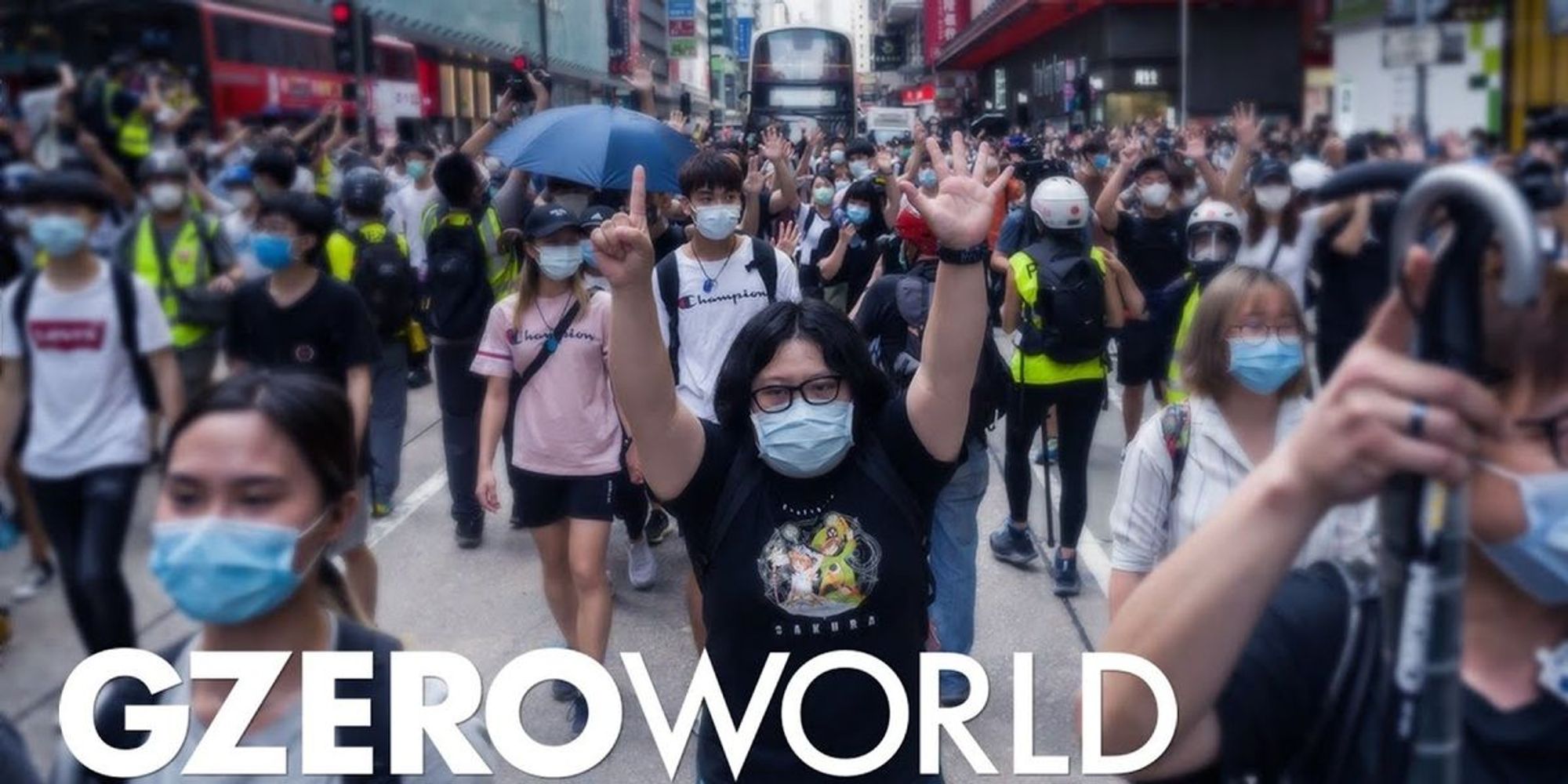poloong.blogspot.com

More Show less
Let's block ads! (Why?)
"follow" - Google News
June 09, 2020 at 08:18PM
https://ift.tt/2UvbdvI
Protests Follow a Pandemic: Life Today in Hong Kong - GZERO Media
"follow" - Google News
https://ift.tt/35pbZ1k
https://ift.tt/35rGyU8
Bagikan Berita Ini


 Follow these tips to ring in the new year safely - Alabama NewsCenterpoloong.blogspot.com
This year has held many challenges and people are looking forward to a fresh s… Read More...
Follow these tips to ring in the new year safely - Alabama NewsCenterpoloong.blogspot.com
This year has held many challenges and people are looking forward to a fresh s… Read More... How To Watch, Listen & Follow To The Bengals-Ravens Week 17 Game - Bengals.compoloong.blogspot.com
ONLINE
A live stream will be available on the following platforms if the game… Read More...
How To Watch, Listen & Follow To The Bengals-Ravens Week 17 Game - Bengals.compoloong.blogspot.com
ONLINE
A live stream will be available on the following platforms if the game… Read More... Follow along: WVU wraps 2020 season in the Liberty Bowl - West Virginia MetroNewspoloong.blogspot.com
MORGANTOWN, W.Va. — Follow along as the Mountaineers (5-4, 4-4 Big 12) play the… Read More...
Follow along: WVU wraps 2020 season in the Liberty Bowl - West Virginia MetroNewspoloong.blogspot.com
MORGANTOWN, W.Va. — Follow along as the Mountaineers (5-4, 4-4 Big 12) play the… Read More... Follow the Money, They Said (CARTOON) - Small Business Trendspoloong.blogspot.com
Small Business Trends
Founded in 2003, Small Business Trends is an award-winni… Read More...
Follow the Money, They Said (CARTOON) - Small Business Trendspoloong.blogspot.com
Small Business Trends
Founded in 2003, Small Business Trends is an award-winni… Read More... Follow College Football Playoff, New Year's Day bowl games with Yahoo Sports - Yahoo Sportspoloong.blogspot.com
The Guardian
Belichick's exit plan and a JJ Watt trade: NFL subplots to watch … Read More...
Follow College Football Playoff, New Year's Day bowl games with Yahoo Sports - Yahoo Sportspoloong.blogspot.com
The Guardian
Belichick's exit plan and a JJ Watt trade: NFL subplots to watch … Read More...
0 Response to "Protests Follow a Pandemic: Life Today in Hong Kong - GZERO Media"
Post a Comment